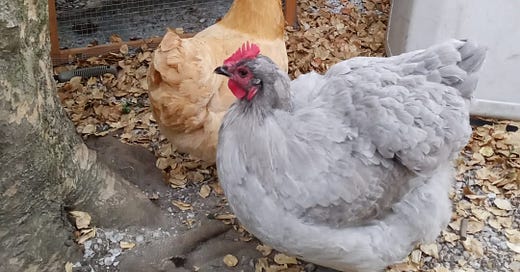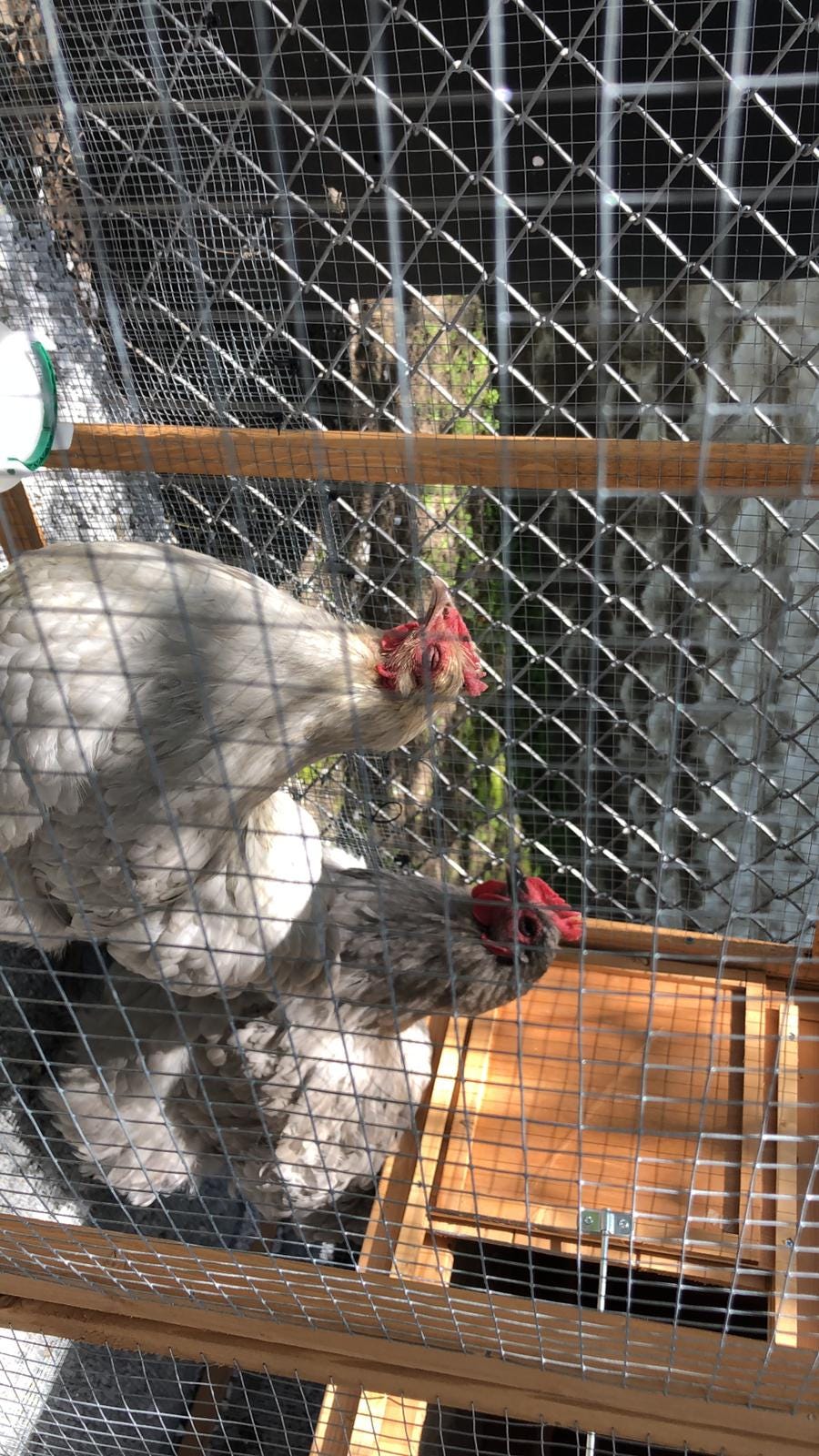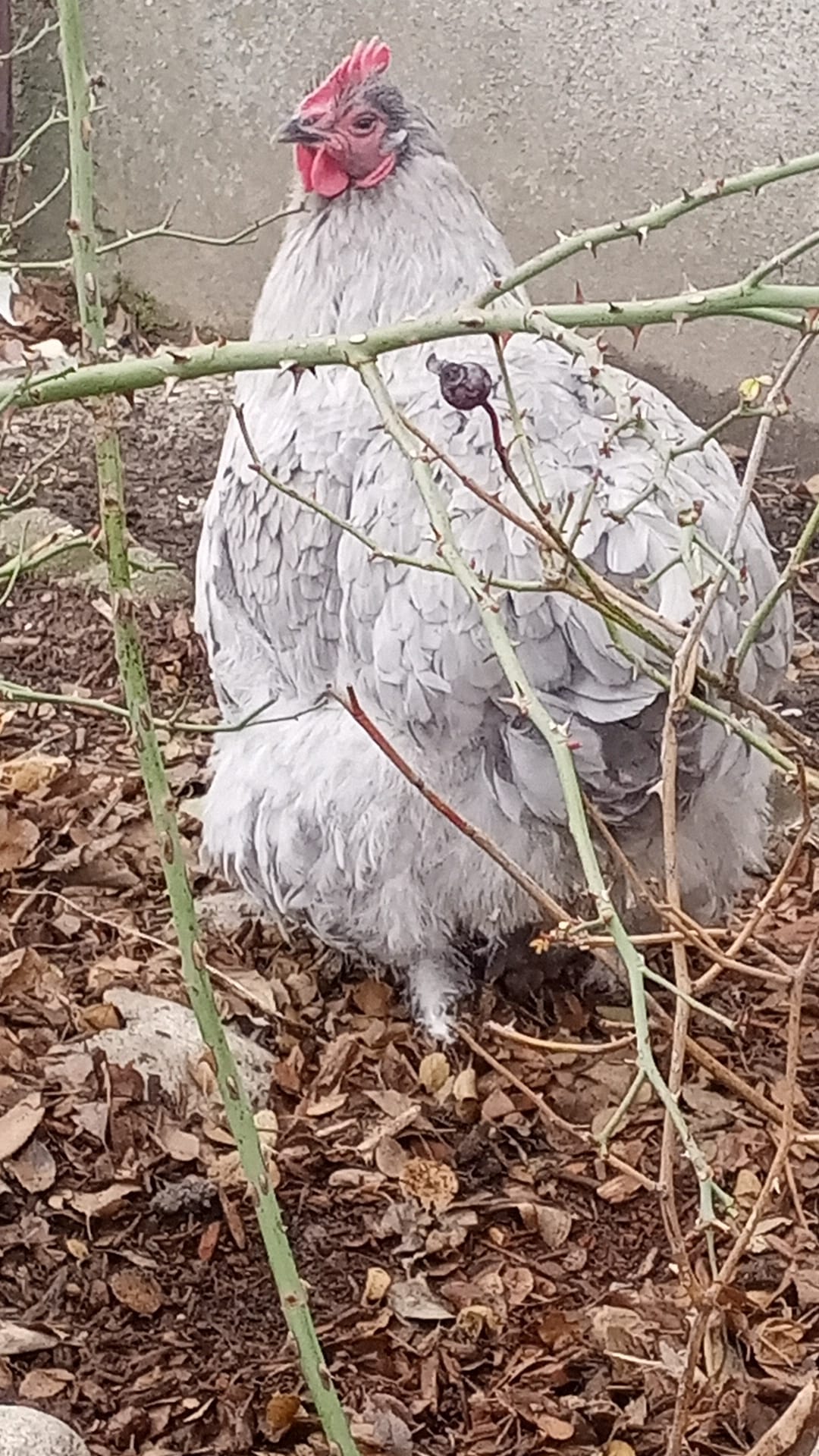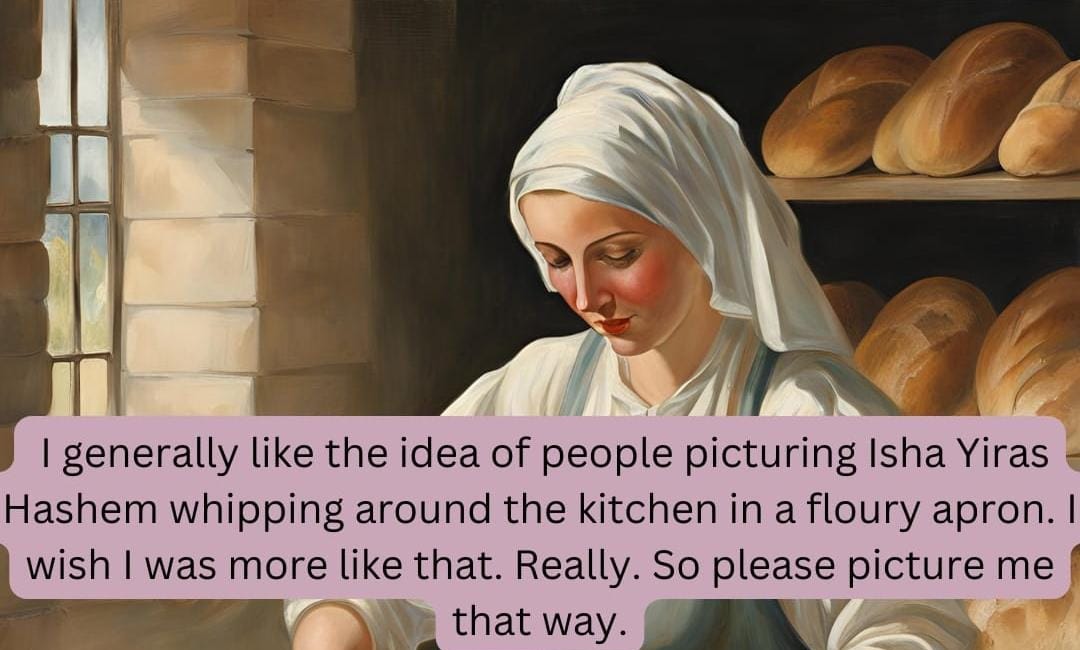Atonement And Chickens
Our chicken Happy had a wonderful life and taught us many valuable lessons. From an unscrupulous former owner to her incredible survival from a racoon attack, Happy’s resilience reminds us that life and death are in G-d’s hands, and we can always choose to show kindness to His creatures.
It was the night before Yom Kippur. Not this last Yom Kippur, but the previous one. Around midnight, the chickens started squawking in sheer panic, and their wings flapped wildly as they scattered in every direction.
Hearing the fuss, I asked my husband if everything was okay. He sadly informed me that a raccoon had attacked our chickens. While he had managed to fend it off with a stick and collect most of panicking chickens in the dark, Happy was missing. Given her slower movements and habit of sleeping next to the coop’s open door, it was likely that the raccoon had enjoyed a delicious chicken dinner.
It seemed peculiarly appropriate for me to respond, “It should be a kapara.”
“Kapar כפר ” is the Hebrew word meaning something like “atonement” in English. The phrase "it should be a kapara" (זה יהיה כפרה in Hebrew) is a common expression in Jewish culture. It literally means, "It should be an atonement," and is often used to turn an unpleasant or unfortunate event into a spiritually meaningful one. In a religious sense, the phrase reflects the idea that difficulties or misfortunes can serve as a form of atonement for yourr past mistakes or sins. Challenges can cleanse us spiritually and bring us closer to G-d.
The morning before Yom Kippur, there is a ritual called “kaparos”, which involves gently holding a chicken, reciting prayers, and symbolically transferring one’s misdeeds to the bird. The chicken is then donated to feed the poor, ensuring it serves a charitable purpose. Fish or money can used instead of a chicken.
Please note that the chicken is not a scapegoat! It is part of a symbolic exchange that symbolizes our potential for accountability, charity, and spiritual atonement.
A Bit Of History
Our chicken owning adventures began a few years ago, when an unscrupulous seller on Craigslist took advantage of our naiveté. We didn’t think to ask the seller if they were past their egg-laying age. So they sold us two elderly chickens, whom we named Happy and Gimpel. 1 After no eggs were laid for over a month, we learned that Happy and Gimpel were both past the age of ‘henopause’.
And that is how we found ourselves running a nursing home for elderly chickens. Gimpel had arrived in particularly poor condition. Despite our loving care, bringing her food and water so she wouldn't have to walk, Gimpel was only with us for three months before she succumbed to natural causes. See this photo of Happy and Gimpel on their first day in our home:
As you can see in the pictures, Happy always looked bedraggled, and had a slow, shuffling way of walking. But she was surprisingly resilient. Despite her age, she was healthy.
After Gimpel's passing, we knew Happy needed companionship—chickens are deeply social creatures who thrive in flocks. The next time we went camping at Terra Optima, an educational farm in Maine run by Cheryl Denz, we found a match for our elderly resident. Cheryl offered us a beautiful Buff Orpington who didn't quite fit the mold of a typical farm chicken. This hen—aptly named Optima—preferred roosting in the barn rather than the coop. She was well suited for our family, as we avoid staying anywhere with four walls and electricity, so as not to annoy people.2
Optima, whose sleeping habits made her unsuitable for commercial egg production, was exactly what Happy needed. Unlike our timid elderly friend, Optima is so brave that she would chase rats away from the coop—a rare trait in chickens. She became Happy's protector and constant companion until they were joined by the young chicks a few years later.
Back to our story
Soon after my husband's successfully locking most of the chickens into our safer coop, another round of loud squawking broke out. The cunning raccoon had managed to get into the coop by pushing up the egg box from the bottom. Despite the late hour, my husband took out his tools and began reinforcing the egg box with screws to keep the raccoon out.3
The raccoon had meanwhile stationed itself in a tree, watching over both coops as my husband worked to reinforce them. My husband assured me that he had Googled, and he was pretty sure based on his research that this particular raccoon did not have rabies. I didn’t want to get rabies—or rabies shots—so I stayed inside.
The next morning, right before Yom Kippur, we went to kaparos. It was a beautiful experience, as always. We get up early every day anyway, so we love having a place to go at six in the morning. We came back from kaparos feeling somber, and not just because of the ritual.
To our shock, Happy, previously thought gone forever, had reappeared, alive and well, as if she’d experienced her own revival of the dead. As usual, she looked a little bedraggled, but she was active and pecking away happily at my leftover challah.4
Death of A Chicken
When she finally passed away this Thanksgiving, more than a year later, she was peacefully pecking for bugs in the morning sun. Our chicken Happy’s remarkable journey demonstrates how life and death are in G-d’s hands. We also see that caring for others may bring unexpected joy. Even when they're just chickens. Epecially when they're not what we thought we wanted.
One of our children insists that Gimpel was actually named Fuzzyface all along. Isha Yiras Hashem is, therefore, legally obligated to include this correction, as she would like to avoid a future family scandal.
See Traveling With Family As Atonement For Sin, my favorite post ever.
https://ishayirashashem.substack.com/p/traveling-with-family
Traveling (With Family)
In Biblical times, making the trip to the Temple three times a year, for Passover, Sukkot, and Shavuot, were times of rejoicing.* So people have been traveling with family for a long time.
An egg box is a nesting box within a chicken coop where hens lay their eggs. It's designed to be a safe, comfortable space for hens, often with bedding like straw or wood shavings. These boxes usually have lids or hinged tops that can be lifted by humans for easy access to collect eggs.
Raccoons are notorious for being clever and resourceful. They have dexterous paws with opposable thumbs similar to our hands.
If the egg box wasn’t reinforced or securely fastened, it would be an easy target for a raccoon looking for food.
Breadmaking; the six day path
I'm not a world-class baker. But every Friday, like clockwork, I make a traditional kind of bread called ‘challah’ from scratch, in honor of the holy Sabbath, when G-d rested from creating the world.








I will always hit the like button on chicken posts.
We had a bad raccoon attack in 2023 that took one of my favorite hens, Kiwi. I was furious. I went on a John Wick style revenge campaign against them, trapping and dispatching several of the gaze of raccoons (who doesn't love the plural of raccoons?) and leaving their bodies for the coyotes and buzzards. Cruel? Maybe. But do not mess with my chickens or the long reach of vengeance will strike sooner or later.
Since then we have shifted out of chicken owning but the pictures here had me daydreaming about a coop again.